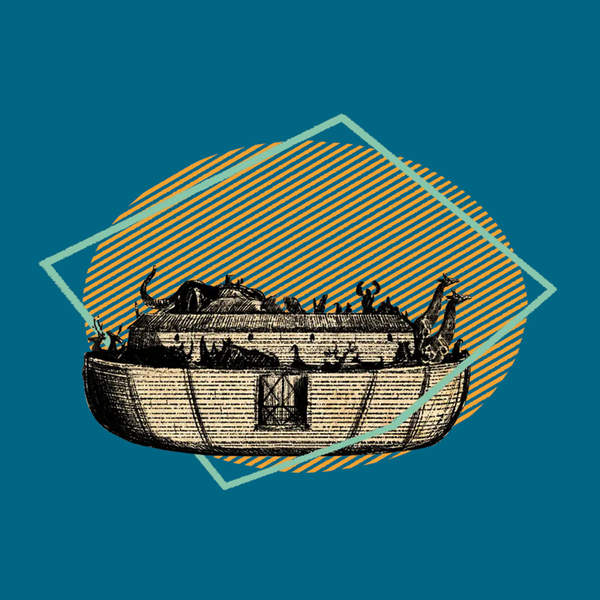
Deuteronomy Q+R
Listen to our audience questions about the book of Deuteronomy.
Deuteronomy Q+R
--:--
Episode Chapters
Show Notes
This week is our second to last release in our Old Testament Q+R series. We talk about Deuteronomy and Moses' farewell address, a soliloquy urging Israel to follow God and his commandments. But some of his commandments seem pretty strange, especially to modern Westerners. Why did God have commandments about how slaves should be treated? Did he approve of slavery? And what about Israel's treatment of other nations when they would invade? Tim and Jon discuss these questions and many more. Thank you for sending in your questions! Questions and Timestamps:
- What does "love the Lord your God with all your heart soul and mind mean"? (8:25)
- What does “the Lord is one” mean in the Shema? (20:40)
- Is there the Holy spirit in the Old Testament/ in Deuteronomy (22:45)
- Why did ancient Israel have slaves? (23:30)
- Giants in the Bible? Deuteronomy mentions giants, are these connected to the Nephilim in Genesis 6? (31:05)
- What do the laws in Deuteronomy 20 mean about taking a wife as a captive from war? (36:53)
- Does obeying the law teach you to love God? (40:35)
- What is the true context of Deuteronomy? (44:30) Links: Original video conversation: https://www.youtube.com/watch?v=5ANVZLvXfvc Deuteronomy videos: https://www.youtube.com/watch?v=NMhmDPWeftw and https://www.youtube.com/watch?v=q5QEH9bH8AU Music Credits: Defender Instrumental by Rosasharn Music
Scripture References
Referenced Resources
Interested in learning more? Check out Tim's library for a list of recommended books and other resources.
Get the BibleProject app for access to our entire library of resources in one place.
